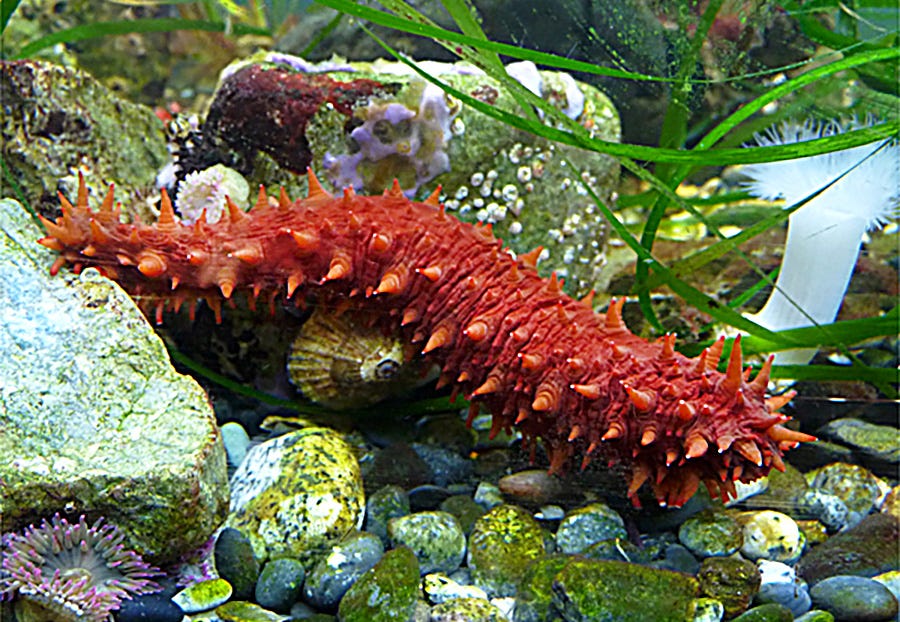Hunter Dempster was relieved to be at his destination. Unlike anyone else I’ve toted from the airport to a downtown hotel. As soon as his butt hit the back seat, he sighed deeply and started dropping F bombs. Not out of anger but relief.
He needed to be on the ground, terra firma, which is saying something for someone who has made his living on anything but.
He also needed someone to talk to, and I’m glad he sensed he could do that with me. Who knows, though, maybe he would have with anyone. He had that kind of personality. Open. Also, for a long time now, Hunter has lived and worked in Alaska, and what I’ve found is, Alaskans are different.
The sigh was like gathering energy for what he needed to unload, a whole bunch of technical information about a whole bunch of training he had to do over the past four days. Hunter flies in Alaska. Not out of Alaska but in it, which I know is roughly half the size of the continental United States.
But I also know that no one lives up there, relative to the lower 48. “What’s the market?” I asked him. “Who are your passengers?”
“Mostly natives,” he said, “transporting whale blubber.”
The training was hard because his employer wanted him to get some experience with more traffic. So they sent him to L.A.
“Imagine the freeways down there,” he said. “It’s the same thing in the air.”
Seven times he flew back and forth between the City of Angels and Sin City. Stressful. But he was glad he did it because now he knows he can if he needs to.
I don’t really know Hunter – how much can you get to know a person between the airport and downtown? – but I’m pretty sure that’s his personality too. Fearless.
It wasn’t really his speed, but Vegas was cool, he said. “I found some good Mexican food. We don’t really have that in Alaska.”
Hunter is reporter’s dream. He keeps talking and answers all the questions without them being asked. Although that’s not totally true, because his answers generate so many more questions.
He became a pilot because he and his wife decided to have children. I’m not sure how much Hunter wanted kids. I think the way he put it was his wife came to him one day and said she wanted a baby. Hunter immediately decided he needed a safer way to make money.
This was after he told me he lands a 75,000-pound machine on a sheet of ice. I’d asked him about Alaska runways in the dead of winter. I assumed the concrete was geothermal, to melt the ice. No, he said, they’re pretty much ice.
“Huh? How do you stop?”
As if he worried he’d already hit me with too much technical information, all he said was, “We have a few systems that help us do that?”
Before his wife said she wanted a baby, Hunter was a fisherman. As a young man, that’s why he moved to Alaska. He worked on a commercial fishing boat for several years, and then he bought his own boat.
Hunter finally let me ask a question. Two, actually. “Did you have a crew?”
“Eh, mostly it was just me by myself.”
I asked him what he fished for, expecting the standard – salmon, cod, halibut.
“Sea cucumbers,” he said.
Come again. “Is that a plant?” I asked.
Hunter laughed.
You can read the story below – which, because of its title, initiated the Deadliest Catch craze – but, in a nutshell, this is what he did: Near Sitka, off the southeastern coast of Alaska – close to what is generally referred to as the “Inside Passage” – Hunter took his boat out in the dark, anchored and dove 100 feet to the ocean floor. In the dark. By himself.
Down there on bottom of the ocean, he plucked sea cucumbers off rocks and stuffed them in a bag. Then he returned to the surface, hauled himself and his bag of “cukes” onto his boat and sold them at market.
I said something about the dark or fear or other obstacles, because I was trying to wrap my head around why anyone would do this. He said the dark and cold – the water’s about 40 degrees – didn’t bother him.
But…
“It’s interesting,” he said. “The whole food-chain thing. Mainly I was the predator. But every once in a while, things would get turned around, and I’d get harassed.”
“What?! By what?”
“Oh, sea lions,” said Hunter. “God, I hate them.”
It was a whole thing about why sea cucumbers. He’d done a lot of research and knew the return on investment was high.
Again, what’s the market? “And people eat these?” I asked.
“Oh yeah,” he said. “They love ‘em in Asia.”
Read more about Hunter Dempster first vocation.



You are meeting some really interesting folk, Matt. I love reading your Substack!